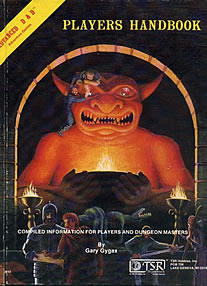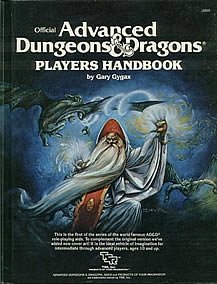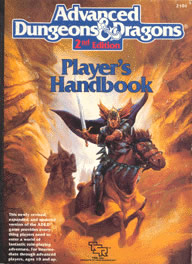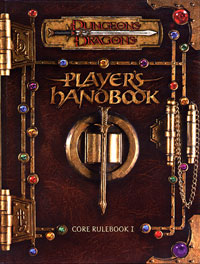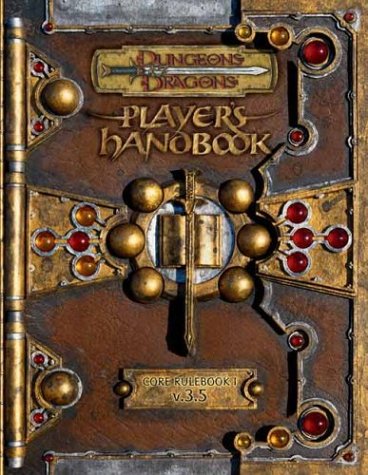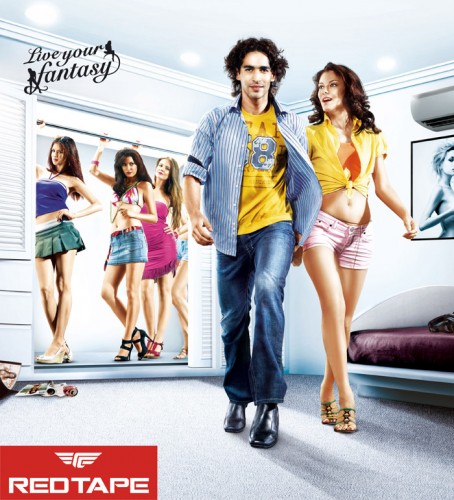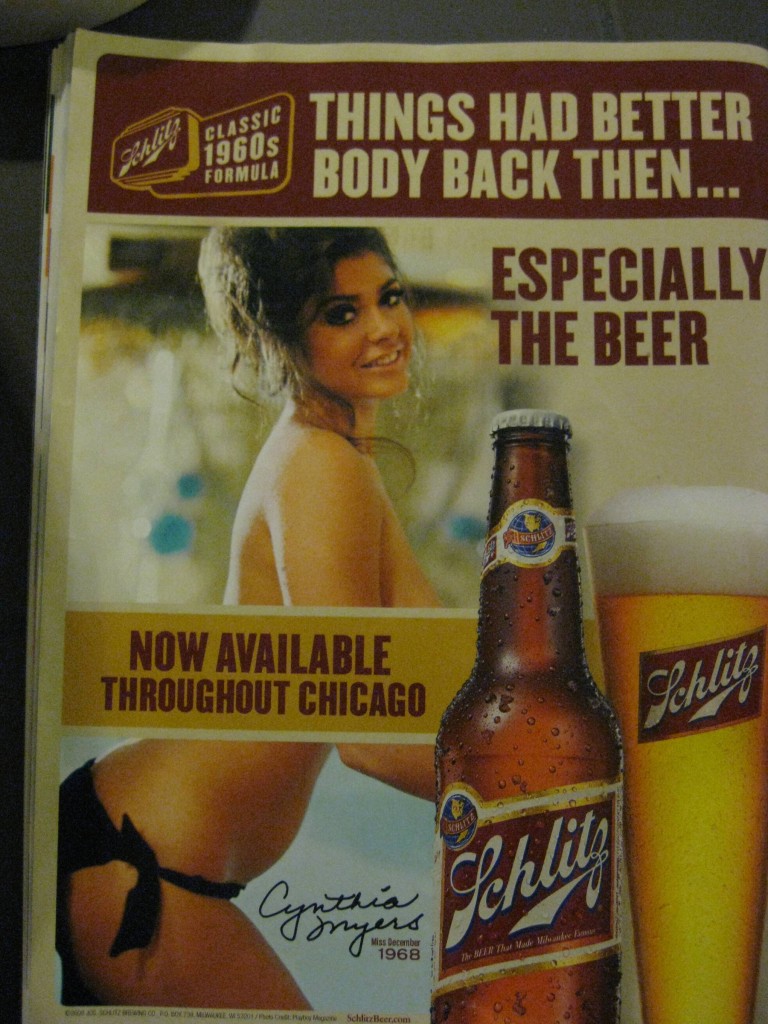Tara C. sent in this video about why big blockbuster video games haven’t tended to appeal to women, and what might need to change to make the (non-casual?) gaming world more interesting to women in general:
Apparently the creators of this trailer for Record of Agarest War, sent in by Goku S., hadn’t seen the video (NSFW):
Nor, presumably, did the creator of the Pocket Girlfriend iPhone app, sent in by Suzanne B.:

You’ll be excited to know that she’s real!
Pocket Girlfriend moves, she’s interactive, and most importantly she’s real. YES SHE’S REAL!!!! She’s not some 3D rendered mannequin. Seriously, why would you want to buy an application of a dancing mannequin?
Looks like Yahoo didn’t get the message either when it hired lap dancers to attend an event to recruit developers to build things for Yahoo.com, and then posted images of the dancers on the Yahoo Developer Network blog:


Yahoo later apologized.
[And for the record, yes, I realize these are just some examples and don’t represent the entire gaming community, especially the Yahoo thing. That’s true of anything we post–they’re specific examples that we try to fit into a larger context.]
On a related tech-and-gender note, Brigid told us that Wired magazine recently described a study that suggested the stereotype of computer scientists as “unwashed nerds” may be off-putting to women and discourage them from going into computer programming:
Cheryan and colleagues tested this idea by alternately decorating a computer science classroom with objects that earlier surveys pegged as stereotypically geeky—Star Trek posters, videogames and comic books — or with objects that the surveys found to be neutral— coffee mugs, plants and art posters. Thirty-nine college students spent a few minutes in the room, then filled out a questionnaire on their attitudes toward computer science.
Women who spent time in the geeky room reported less interest in computer science than women who saw the neutral room. For male students, however, the room’s décor made no difference.
UPDATE 2: Upon request that I rethink closing comments, I’ve cleaned out some problematic ones and am reopening the comment thread. Please remember–no personal attacks or insult wars. Play relatively nice.



